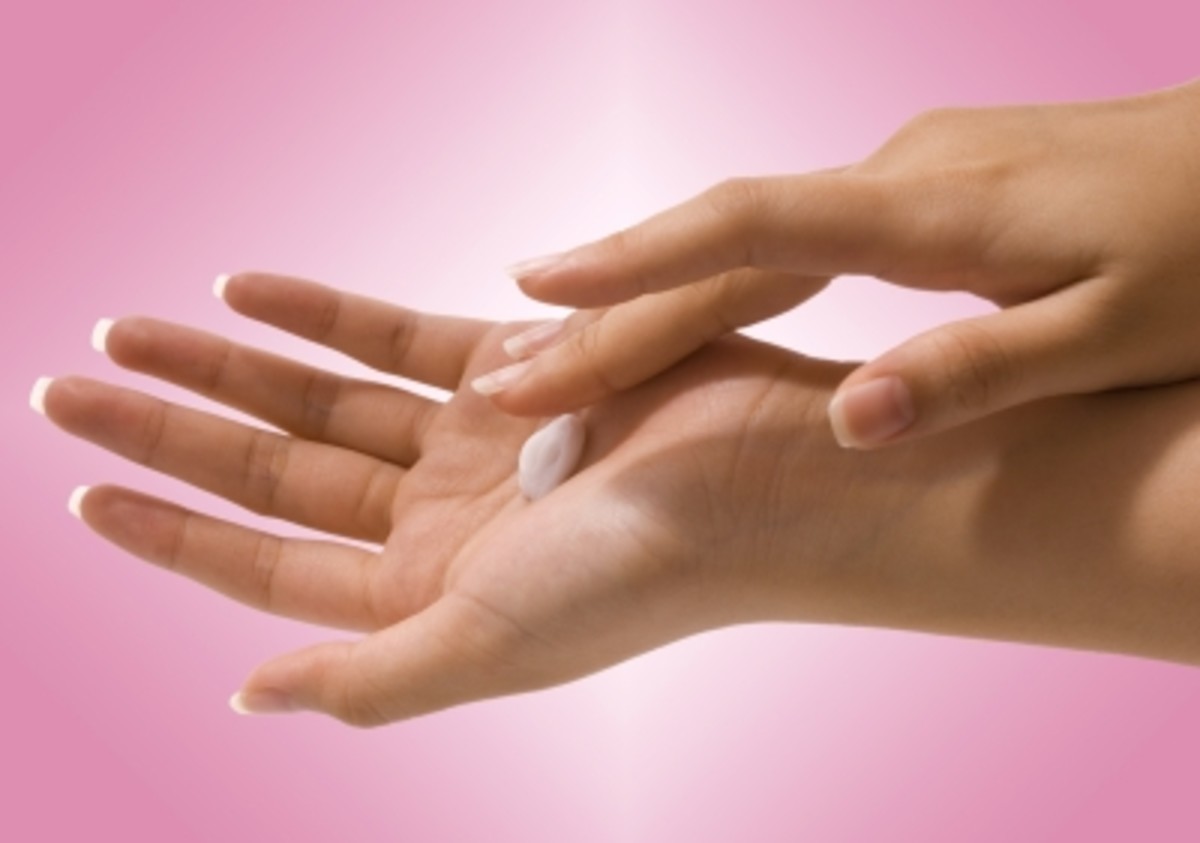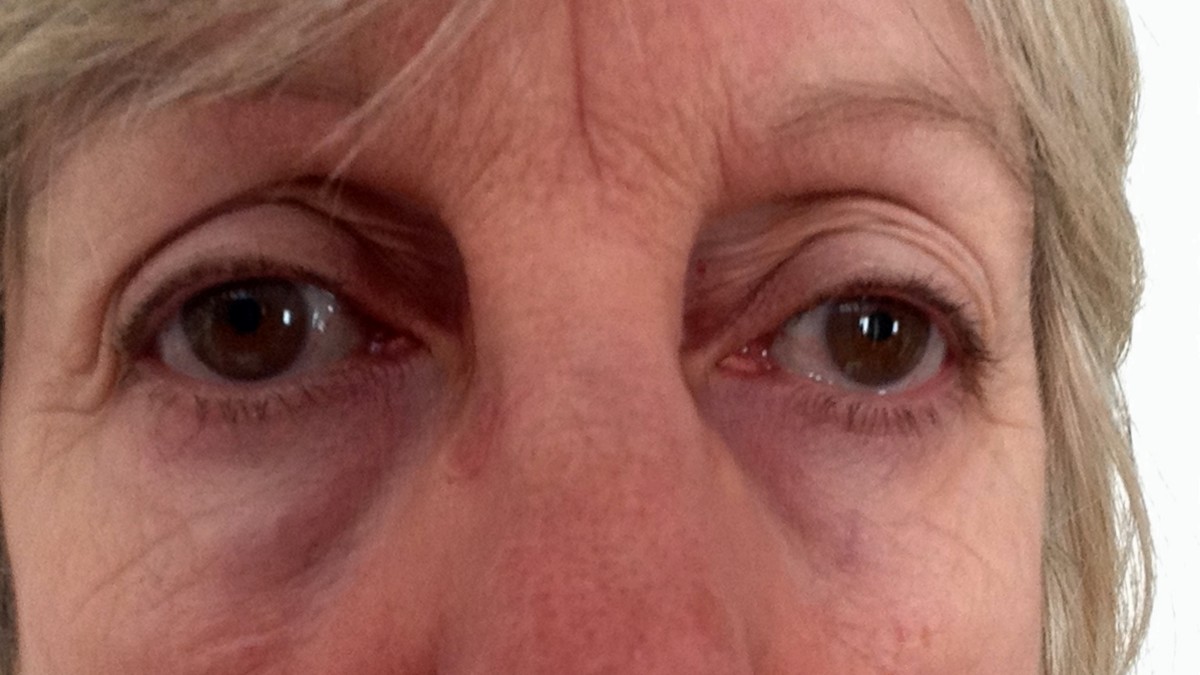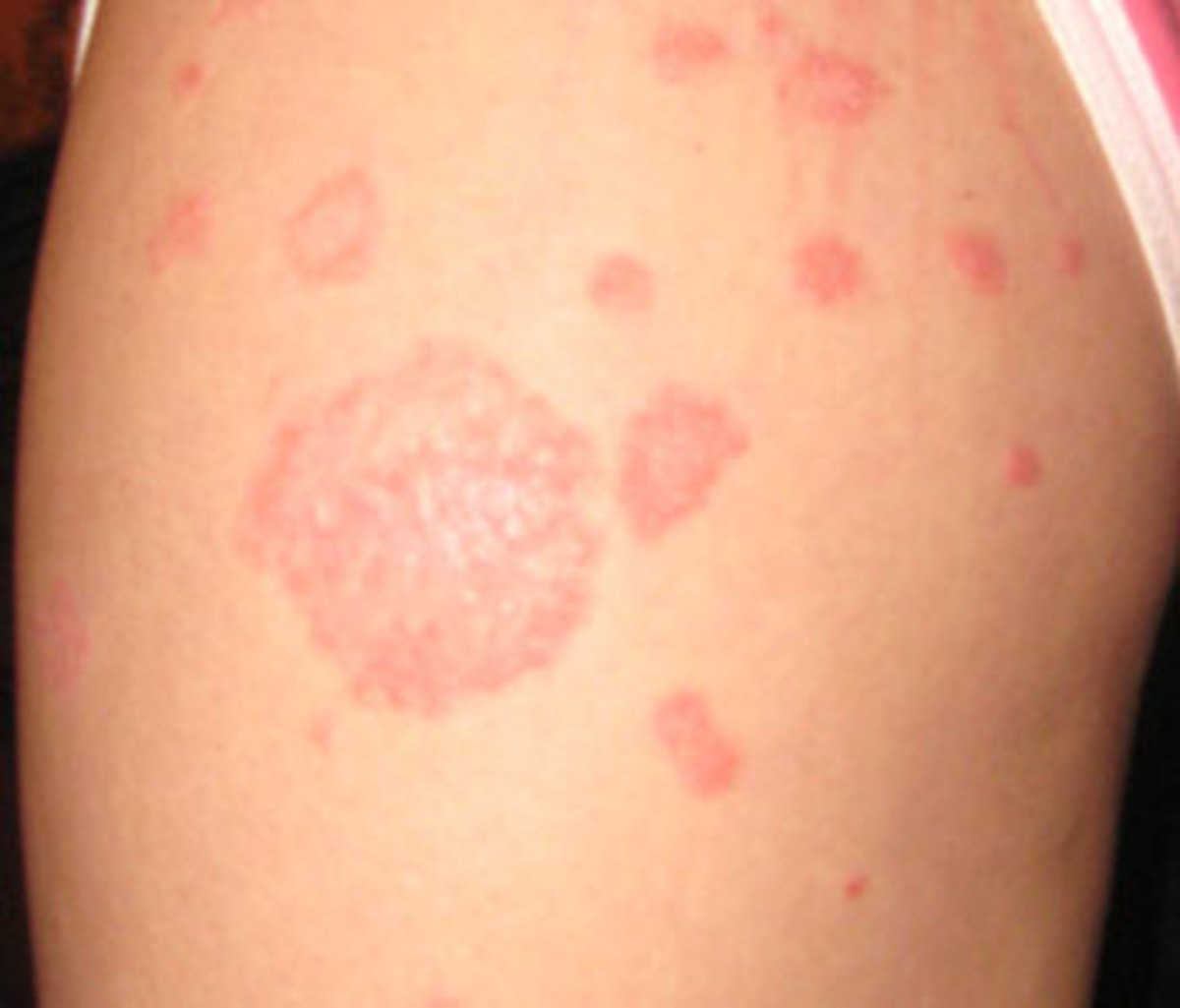How to Determine Your Skin Type
Each one of us is unique and this individuality is mirrored in our skin.
Some skin traits tend to run in families. You may have inherited your mother's fragile complexion which means your skin may be especially prone to fine lines. But a predisposition is just that. What you eat, how you respond to stress and how you care for your skin will ultimately determine how good it looks and feels. To bring out the best in your skin you need to recognise its inherent tendencies and learn its ways. The ultimate aim is to achieve a sense of balance
Expressions of Imbalance
There is a tendency to classify skin as oily or dry, sensitive or spotty, but such problems are not set in stone. They suggest that something is out of kilter. You can invest in the most expensive high-tech cream or treatment money can buy but unless you help your skin from the inside it will never perform miracles.
Oily or over-stressed? - Skin becomes oily when the sebaceous glands go into overdrive. These oil-producing glands are goaded into action by masculine hormones known as androgens which even women have in small amounts. All the body's hormones are kept in balance by the hypothalamus, an area of the brain that can be upset by stress. Excessive pressure at work, the strain of a bad relationship, exam nerves or even jet travel may lie at the heart of an oil crisis.
Daily relaxation helps to rebalance the hormones and an aggression dispersing exercise such as tae bo can provide a vent for those dynamising androgens. Foods rich in vitamins E, B2 and B6 can reduce oiliness, while skincare preparations incorporating herbs such as comfrey, sage and peppermint help to pacify and regulate those agitated sebaceous glands.
Dry or under-nourished? ~ Skin becomes dry when moisture evaporates too readily from the cells into the atmosphere. Dry skin is more common from the mid-thirties onwards because the sebaceous glands start producing less of the oil that goes to make up your natural moisturiser. Skin creams can replace this protective layer, but they only gloss over the problem.
To retain their precious moisture, skin cells must have strong, water-resistant membranes. These cell membranes are constructed from essential fatty acids, vital nutrients that help to moisturise skin from deep within.
Sensitive or overwhelmed? - Characterised by a tendency to break out in blotches and red rashes, skin flares up at the slightest provocation. Opting for hypo-allergenic skincare and cosmetic preparations can reduce skin's exposure to irrtants. But what your skin really needs is strengthening from within. Sensitivity is a sign that your body is trying to cope with more toxins than it can handle. They may come from your diet, medication or environmental chemicals.
An holistic approach involves clearing away impurities and boosting your natural defence systems. Choose organically grown foods rich in antioxidant nutrients such as vitamin C, beta-carotene, vitamin E and zinc which help to boost your protection against pollutants from within. Black grapes, blueberries and cherries are rich in flavonoids, phytonutrients with antioxidant and anti-inflammatory properties. Soothe skin with simple organic preparations that harness the calming and fortifying properties of plants such as camomile, lavender and frankincense.
- How to Buff Your Skin to Perfection
Polished Perfection - Creams and pastes infused with gritty, skin-buffing particles are known as physical exfoliators or skin scrubs. They certainly do the trick, but if the grains are too abrasive they can... - How Can a Balanced Diet Keep Your Skin Healthy
In the West, a balanced diet is one that supplies all the nutrients we need to stay healthy. But in Eastern countries the interpretation of balance is quite different. In Traditional Chinese...








